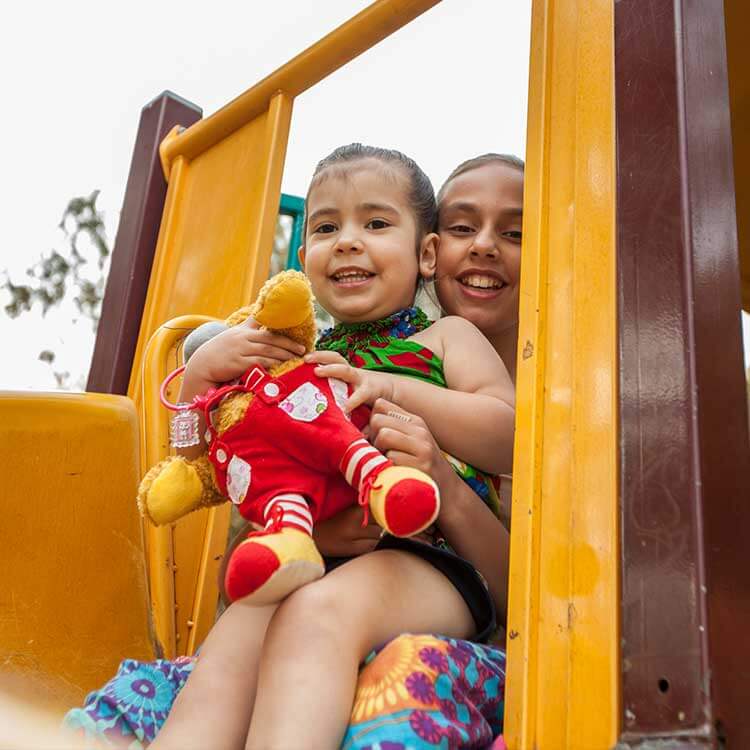Search

Australian researchers join global effort to better understand how events during pregnancy and childhood influence the development of disease later in life.
Alexander Larcombe BScEnv (Hons) PhD Honorary Research Fellow Honorary Research Fellow Associate Professor Alexander Larcombe began work at The Kids
This project will use computational methods to assess the deposition of e-cigarette aerosols in the lungs, and the distribution of chemicals within e-cigarette aerosols throughout the body.
Alexander Larcombe BScEnv (Hons) PhD Honorary Research Fellow Honorary Research Fellow Associate Professor Alexander Larcombe began work at The Kids
Alexander Larcombe BScEnv (Hons) PhD Honorary Research Fellow Honorary Research Fellow Associate Professor Alexander Larcombe began work at The Kids
Alexander Larcombe BScEnv (Hons) PhD Honorary Research Fellow Honorary Research Fellow Associate Professor Alexander Larcombe began work at The Kids
This study shows, for the first time, that exposure to e-cigarette aerosol during adolescence and early adulthood is not harmless to the lungs and can result in significant impairments in lung function.
This study tested the utility of optical coherence tomography-based indentation to assess mechanical properties of respiratory tissues in disease
In this study, we aimed to use microRNAs-which are critical regulators of signaling cascades-to identify so far uncharacterized asthma pathogenesis pathways
Poor environmental health is prevalent in remote Aboriginal communities and requires further delineation to inform environmental health policy
